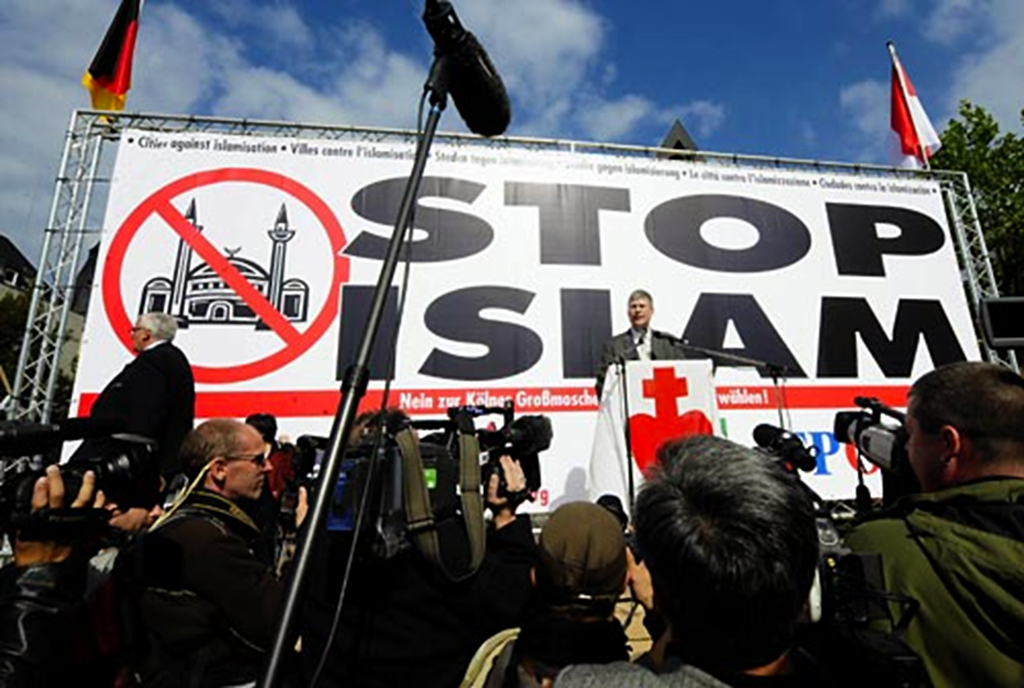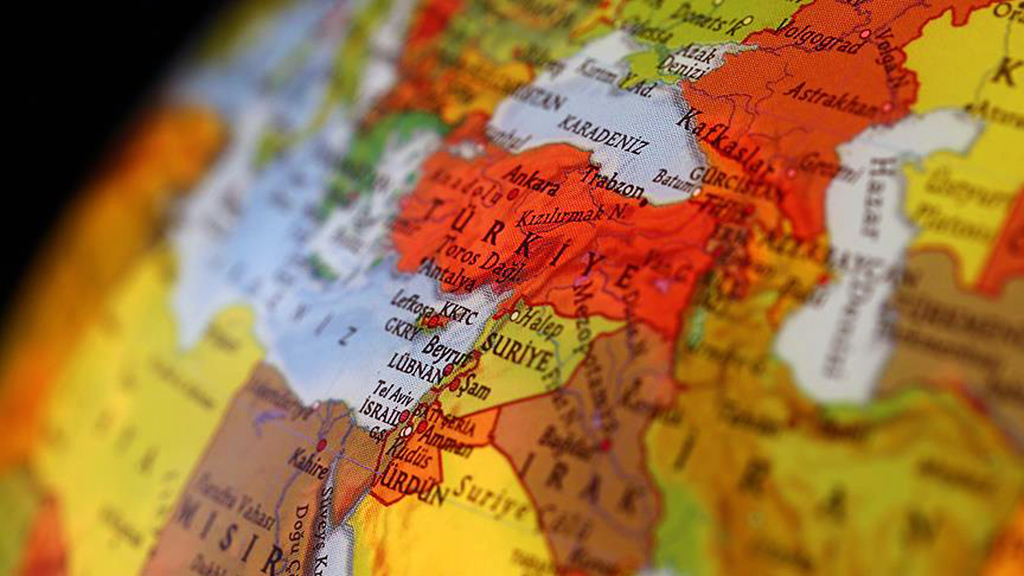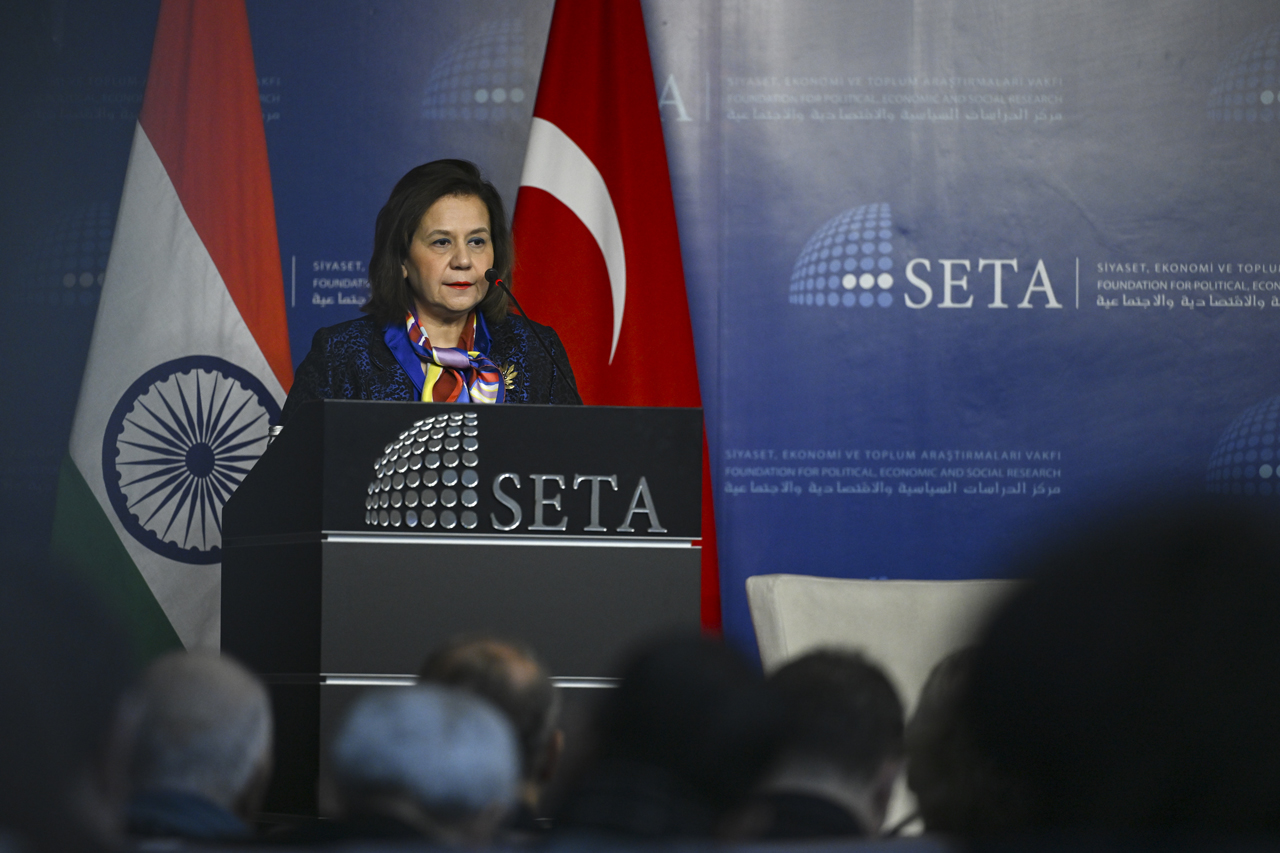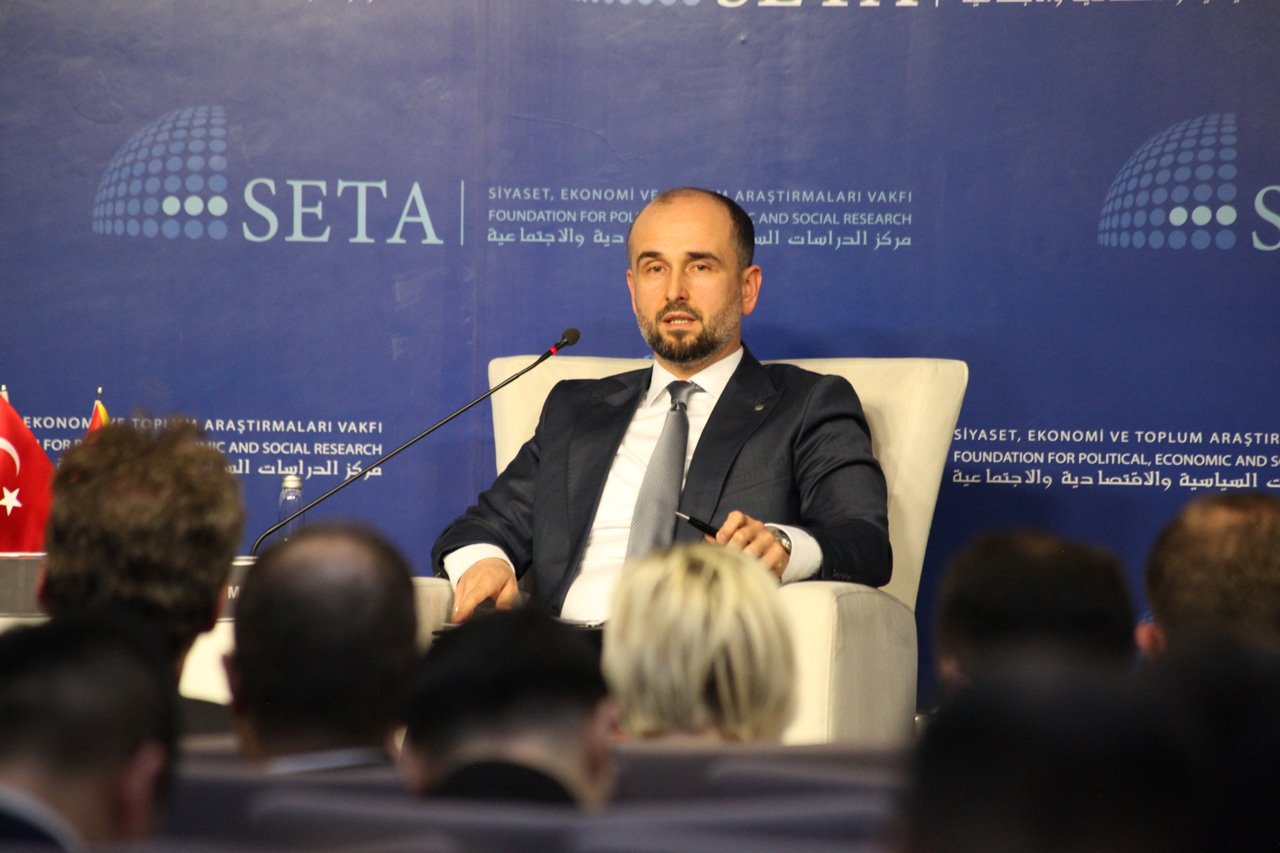The European Union is not ready to tackle Islamophobia, according to a foreign affairs expert from a leading Turkish think tank. “Because of fears of political considerations European politicians are not ready to tackle this issue seriously,” Dr. Enes Bayrakli of Ankara-based Foundation for Political, Economic and Social Research (SETA) told Anadolu Agency on the sidelines of a three-day conference on Islamophobia at Istanbul’s Sabahattin Zaim University. “I don’t see in the very near future it will happen, but it has to happen,” said Bayrakli who is also co-editor of annual European Islamophobia Report since 2015. “European Parliament and the E.U. should acknowledge Islamophobia as a form of racism,” he added. Bayrakli said that an increase of Islamophobic policies and attacks have been seen in Europe especially after the beginning of Syrian civil war. According to the European Islamophobia Report 2017, a rising wave of Islamophobia has taken hold in Europe. The report revealed 908 crimes, ranging from verbal and physical attacks to murder attempts, targeting Muslims in Germany, as well as 664 in Poland, 364 in the Netherlands, 256 in Austria, 121 in France, 56 in Denmark, and 36 in Belgium. “What we are seeing is that the far-right discourse is now dominating, unfortunately, the European politics,” Bayrakli said. “The far right discourse about Muslims is normalized,” he added. “Although the far right is not in the power in the majority of European countries, their discourse is already governing many of the European countries," Bayrakli said.
According to Bayrakli, the majority of the politicians as well as media and political elites are rejecting the notion of Islamophobia.
“Denying the existence of the problem is a big part of the problem,” Bayrakli said.
Bayrakli said that political and judicial recognition of Islamophobia was important.
Bayrakli said that Germany recently has started recording Islamophobic attacks as a separate category.
“They have recorded more than 900 attacks in one year. Around 100 mosques have been attacked in Germany in one year. Every three days one mosque has been attacked in Germany. That is quite a lot,” he said.
“Considering these numbers we don’t see the outrage of the media and politicians. They are keeping silence about this issue because of the dominance of far-right discourse,” Bayrakli said.









